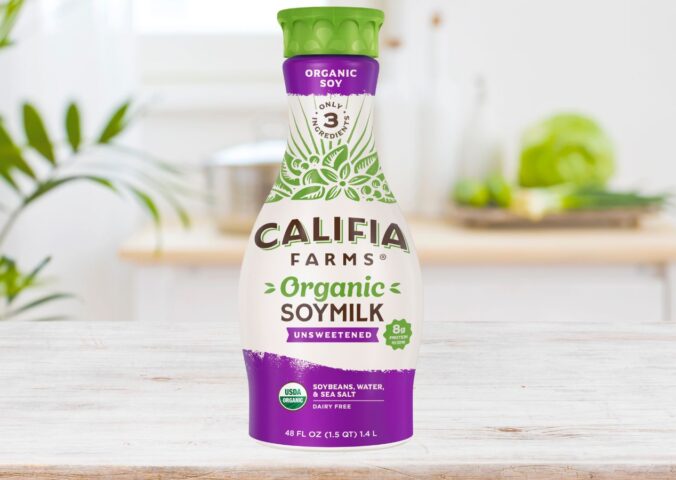Men on a predominantly plant-based diet pass more gas than men who eat a meat-based diet, a study has found. The findings indicate that the participants eating primarily vegan food have healthier gut bacteria and better colon health.
The study
Researchers assessed the role of diet in gut and digestive health, which included looking at stool health and the amount of flatulence experienced.
There were two dietary groups: a low-fat, fiber-enriched Mediterranean-type diet (FMD) or a high-fat Western-type Diet (WD). The FMD is high in vegetables, fruits, and legumes, among other plant foods.
Publications have widely reported that study compared plant-based diets to meat-based, however, the FMD contains some animal products such as fish.
The WD participants consumed foods like ham, eggs, and beef.
The sample size was relatively small; the cross-over study included 20 healthy men between the ages of 18 and 38. However, two of them did not adhere to study instructions so were not included in the analysis.
Researchers randomly assigned participants to one of the diets. They adhered to that diet for two weeks, took a two-week break, and then swapped to the other diet for another two weeks.
Compared to the meat-based WD, the plant-powered FMD was associated with more stool output, as well as softer stool consistency.
Sign of a healthy colon

The FMD also resulted in more flatulence – around seven times more per day, according to News Scientist. Rosemary Stanton from the University of New South Wales in Sydney, Australia told the publication that this is a good thing.
“Our Western idea that farting is a sign of something being wrong is totally false,” she said. Stanton added that usually, ‘farting is a sign of a healthy diet and a healthy colon’.
Further, the flatulence was usually odorless, Men’s Health noted.
A separate recently published study looked at the influence of vegan meat on gut microbiome. It found that butyrate-producing microbes increased in participants eating the plant-based items. This can help improve digestion and the immune system, according to scientist Miguel Toribio-Mateas.
Other research has linked meat consumption to colon issues. According to the World Health Organization, eating red and processed meat could increase the risk of developing colorectal cancer.






